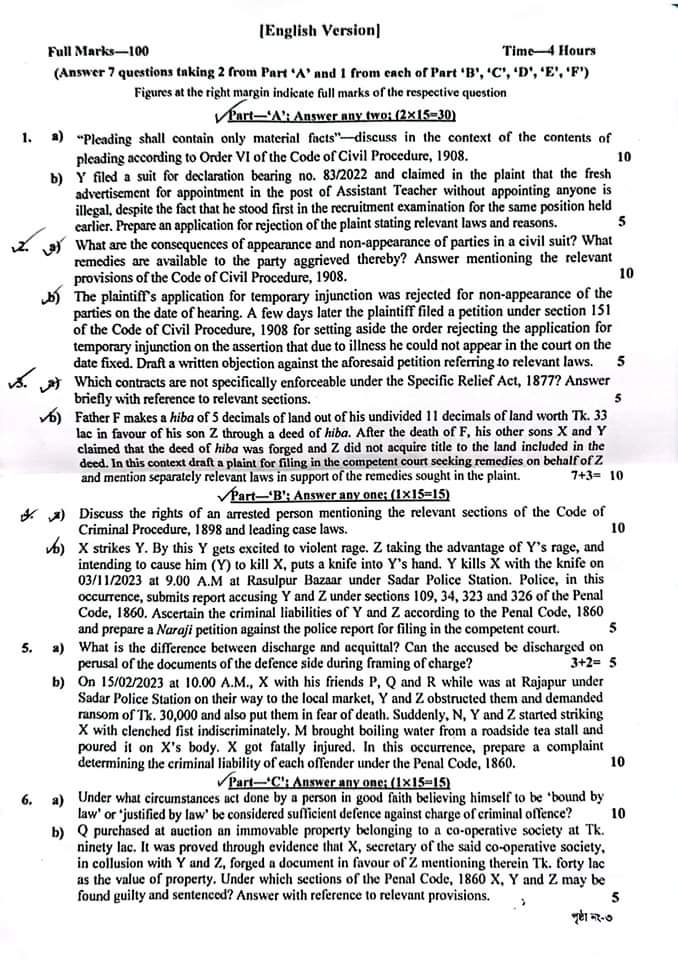Doctrine of 'Caveat Emptor' and 'Nemo dat quod non habet' rule; Sale of Goods
Doctrine of ‘Caveat Emptor’: ‘Doctrine of Caveat Emptor’ is originated from English principle of commercial law. Words ‘caveat-emptor’ means “let the buyer beware”. This doctrine is concerned with commercial transaction where the buyer is required to see whether the goods purchased will serve his purpose well or not. If the buyer is not careful and he later finds that the good does not serve is purpose, he will not be able to make the seller liable for it. Even if the seller does not disclose the defect in the goods, he cannot be held liable because the seller is under no obligation to tell the defects of his articles.
Exceptions to Doctrine of ‘caveat emptor’: However,
in the following exceptions Doctrine of caveat emptor is not applicable:
- Implied
conditions as to quality or fitness. It means when buyer specifies his
purpose and relies on the skill of seller; the doctrine of caveat emptor
is not applicable.
- When
goods are sold by description, it should be of merchantable quality. In
such case, doctrine of caveat emptor is not applicable.
- In
case of edible items, implied condition of wholesomeness is applicable and
goods are not fit for human consumption then buyer is not liable but
seller will be liable.
- Usage
or custom of trade.
- When the consent of buyer is obtained by fraud, the provision of doctrine of caveat emptor is not applicable.
What is Nemo dat quod non habet rule?
“Nemo
dat quod non habet”
literally means that "no one gives what he doesn't have". This is
legal rule also known as ‘nemo dat rule’ and describes that the purchase
of property from a person who has no right to sell the property. This rule is
similar to the rule “Nemo plus iuris ad alium transferre potest quam ipse
habet” which means that “one cannot transfer more rights than he has”. Even
if the purchaser does not know that the seller has no ownership title on the
property the rule stays still valid. In several cases making a judgment is
difficult for court because more innocent parties are involved in it. In most
of the Nemo dat quod non habet cases the seller who is not the original owner
will sell the goods to a third party who is not aware that the seller is not
authorized to sell the goods. In such cases, either the owner or buyer has to
suffer the loss.
Exception to
the Rule: Section 27 gives 2 exceptions to this rule and few more exceptions are
described in sections 28, 29 and 30 of sale of goods Act. These exceptions may
include-
1.
Estoppels: Estoppels arises from either the
act or omission but it must be a legal obligation. Negligence which is not mere
negligence but it should be in regard to the person also causes Estoppels.
2.
Sale
by Mercantile Agent:
Sale by Joint Owner which is described in Section 28 of the Sale of
Goods Act, Sale by a Person in Possession Under Voidable Contract described in
Section 29 of the Sale of Goods Act but also by Section
19 and 19A of the Contract Act, 1872, Sale by a Seller in Possession
described in Section 30 (1), Sale by Buyer in Possession Section 30 (2) of
the Sale of Goods Act, Resale by Unpaid Seller, Sale by Finder of Goods
under Section 169 of the Contract Act.






